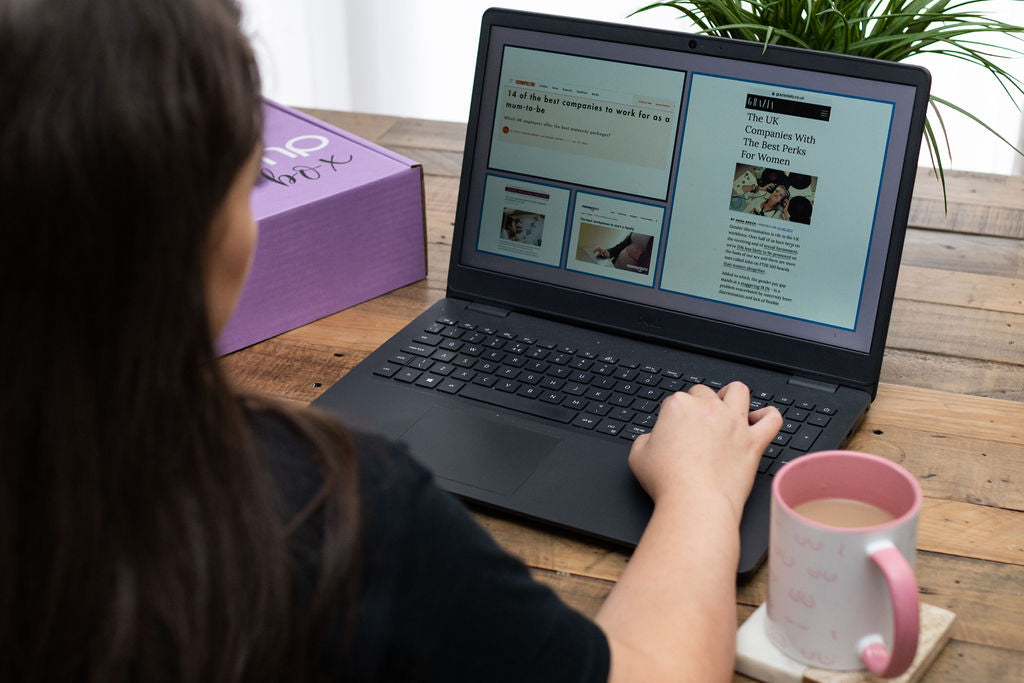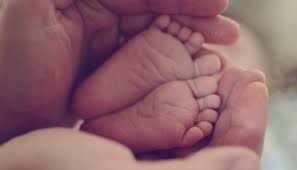7 Self-Care Tips for Postpartum Mothers
It’s incredible how mums-to-be spend so much time getting ready for the baby. But with too much focus on the newborn, some mums don’t give much thought to their own recovery. Unfortunately, that can lead to too much stress, anxiety and even postnatal depression.
If you’re in the third trimester of pregnancy or the first week after delivery, it’s not yet too late to prep for your recovery. Here are seven ways to practise self-care after having a baby.
Try to get as much rest as you can.
Your body needs ample rest after giving birth. However, it can be a challenge to get uninterrupted sleep when you have a newborn who needs your care most of the time. Still, try to sleep whenever your little one is asleep. Take all the naps you can get during the day.
One way to maximise your recovery after birth is to let your partner or loved ones care for your baby, too. Allow them to be responsible for swaddling or changing dirty nappies. That way, you can get a little more shut-eye and let your body recover physically and mentally.
Consider accepting help.
You and your partner will likely do fine on your own, but having someone else to help around the house can make the adjustment into parenthood easier. Some of your friends or relatives will likely offer some help, so if they do, don’t hesitate to accept it. If they handle the laundry, shopping or daily cooking, you (and your partner) can free up some time. You can spend that time caring for yourself so that you’ll be energised when your baby needs you again.
Aim to keep yourself fueled up.
In addition to rest, you need to eat well so your body can recover from all the changes it had gone through during pregnancy and birth. Aim to eat well-balanced meals, including the recommended daily portions of fruit and vegetables. It’s good if you or your partner can batch-prep healthy meals. That way, even if you’re busy, you can sneak in a good meal.
Also, try not to concentrate on losing your pregnancy weight. Extreme dieting can harm you and your baby if you’re breastfeeding. If you’re determined to lose some weight, consider cutting out high-fat snacks and keeping yourself fueled up with plenty of healthy foods.
Try to increase your activity level.
Your body needs rest to heal, but it also needs to move to stay healthy. Consider going on short walks around the neighbourhood a few times a week to boost your energy levels. Gentle exercising can also help lift your mood, especially when feeling low or anxious. If you’re unsure about which exercises you should do after birth, seek your doctor’s advice.
Make room for emotions.
It’s common for new mums to feel emotional or a bit down. It’s called ‘baby blues,’ but it doesn’t normally last for over two weeks after birth. If your sadness, anxiety and lack of energy persist, and you experience difficulty bonding with your little one, you might be experiencing postnatal depression. It’s best to talk to your GP or local healthcare provider to learn more about it and get the treatment you may need.
Even if you don’t experience symptoms of postnatal depression, it’s good self-care practice to give yourself some space and time to feel and process the emotions you have. Keep in mind that you don’t only need to recover physically but also emotionally and mentally.
Aim to be kind to yourself.
From pregnancy to labour and delivery, you’ve experienced large shifts in your life. After giving birth, you need to adjust to another role as a new mum (and a partner to someone who’s adapting to new responsibilities, too.)
Also, there may be new aspects in your lives that you have to learn or relearn at this stage. Give yourself some time to take it all in, and don’t be too hard on yourself when you fail at one thing. And remember to take a breather. Set a few hours to enjoy your New Mum Gift Box from Dearbump. You can also create your New Mum Post Birth Heal Box. That way, you have something to turn to whenever you have to spend some “me time” after giving birth.
Try to socialise.
If you have extra time, try to make friends with other new mums and parents in your area. The support and friendship you can get from people who’ve been in the same situation as yours can be a huge help as you ease into parenthood. You can also spend time with your loving family members and old friends to take a break from your usual new-mum routine.



Leave a comment